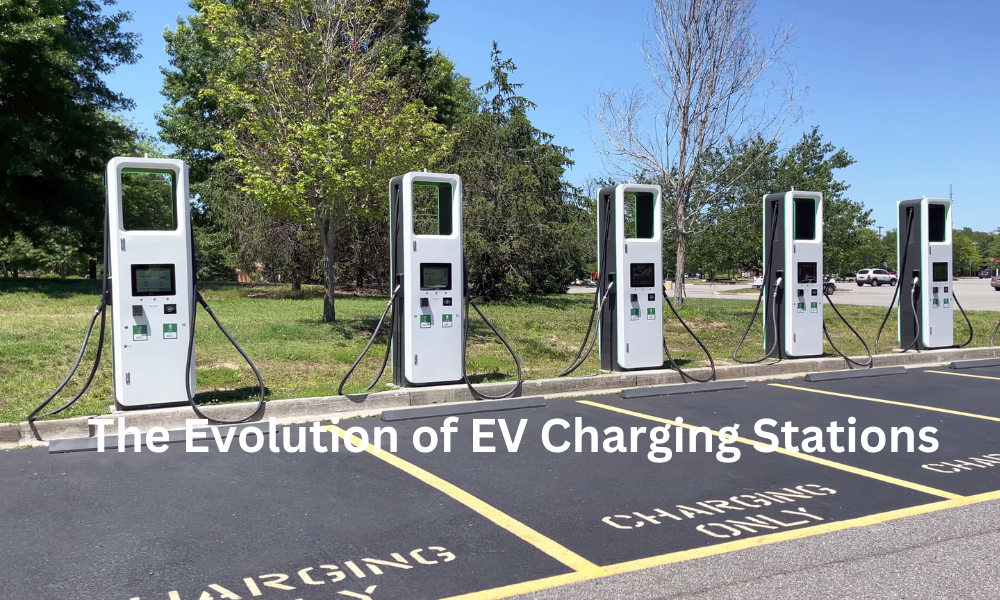In the wake of a global shift towards sustainable transportation, electric vehicles (EVs) have surged in popularity. This rise has brought into focus a critical component of the EV ecosystem: ev charging stations. They are the lifeline of electric mobility, ensuring that these eco-friendly vehicles stay on the road.
Current State of EV Charging Infrastructure
The current landscape of EV charging infrastructure varies widely across the globe. In countries like Norway and China, substantial investments have been made, leading to a dense network of charging stations. However, in many regions, the infrastructure is still in a nascent stage, struggling to keep pace with the growing number of EVs.
Types of EV Charging Stations
Level 1 Chargers: These are the most basic, often used for home charging. They can be plugged into a standard household outlet but offer slow charging speeds.
Level 2 Chargers: Faster than Level 1, these are found in both public and private settings and require a special installation.
DC Fast Chargers: The fastest type, capable of charging an EV battery to 80% in under an hour. They are crucial for long-distance travel but are more expensive to install.
Technological Advancements
Recent years have seen significant advancements in charging technology. Innovations like ultra-fast charging, wireless charging, and solar-powered stations are in development. These technologies promise to make EV charging more convenient and efficient, further boosting the appeal of electric vehicles.
Challenges
Despite advancements, challenges persist. The cost of installation, especially for fast chargers, remains high. There’s also the issue of ‘charging deserts’ in rural or less affluent areas. Additionally, the energy demand from a growing number of EVs poses a challenge to existing electrical grids.
Government Initiatives and Policies
Many governments have recognized these challenges and are implementing policies to support the expansion of charging infrastructure. These include financial incentives for installation, regulations mandating charging stations in new buildings, and investments in research and development.
Future Prospects
The future of EV charging stations is intrinsically linked to the growth of electric vehicles. As battery technology improves and costs decrease, we can expect to see an even more rapid expansion of the charging infrastructure. Concepts like charging roads and integration with smart city grids are also on the horizon, potentially revolutionizing how we think about EV charging.
EV charging stations are more than just a utility; they are a symbol of a greener, more sustainable future. As technology advances and governments and industries align their efforts, the dream of a world where electric vehicles are the norm seems increasingly attainable.
Also Read: VPS Server Netherlands

